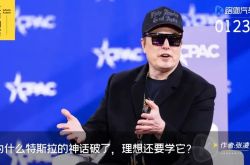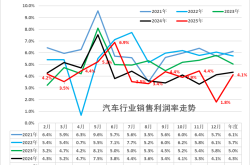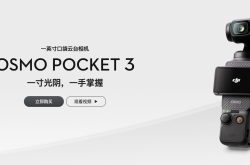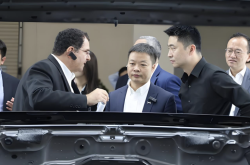Computing Power as National Strength: Intelligent Computing Infrastructure as the Next AI Battleground
![]() 07/23 2025
07/23 2025
![]() 599
599
Computing power epitomizes productivity.
Amidst the wave of digitization, artificial intelligence (AI) is reshaping the world at an unprecedented pace, with its infrastructure evolution demonstrating a clear trajectory.
From foundational technology to application support, AI infrastructure innovation revolves around "efficiency enhancement" and "system stability," fostering a dual-drive mechanism combining technological integration and performance breakthroughs.
Currently, global tech firms continue to heavily invest in AI infrastructure, with no signs of slowing down in the AI arms race among tech giants.
As a cornerstone supporting AI development, computing power determines algorithm training efficiency, model optimization limits, and application feasibility, solidifying its central role.

Future Intelligent Computing Infrastructure: Three Key Characteristics
According to the "China AI Computing Power Development Assessment Report," large models and generative AI are driving up computing power demand, with China's intelligent computing power growth exceeding expectations.
In 2024, China's intelligent computing power will reach 725.3 exaflops (EFLOPS), marking a 74.1% year-on-year growth—over three times the general-purpose computing power growth rate (20.6%) during the same period. This rapid growth is projected to continue over the next two years.
By 2025, China's intelligent computing power will reach 1037.3 EFLOPS, a 43% increase from 2024; by 2026, it will hit 1460.3 EFLOPS, doubling 2024's figures.
AI's rapid advancement necessitates heightened computing power demands, propelling infrastructure upgrades. Gartner predicts that by 2025, inference cluster computing power will surpass training power, marking a pivotal year for AI popularization. By 2028, inference servers will account for 70% of the market.
Amidst this backdrop, scenarios like AI large model training, autonomous driving, and smart cities see exponentially rising intelligent computing power needs, making high-performance servers and intelligent computing centers industry "must-haves".
Driven by technology and industry, future computing power facilities will exhibit three characteristics:
Firstly, computing power diversity is increasingly prominent. As a product of the new technological revolution, data resources are emerging at extremely low marginal costs. These resources can integrate with new material and advanced manufacturing technologies or exist independently, empowering business operations in production, management, computation, and communication, becoming new key production factors.
In this context, no single computing architecture meets all industry demands. Data-centric computing power has richer connotations, encompassing specialized facilities like intelligent, super, and cutting-edge computing power (e.g., quantum and photonic computing).
Secondly, computing power deployment trends towards ubiquitousness. Resources are shifting from centralized to multi-level deployment. Edge and end computing complement large-scale power, constructing a new cloud infrastructure supporting digital transformation across industries.
Simultaneously, issues like supply-demand gaps, uneven distribution, and low utilization necessitate society-wide intensive computing power development. Computing power network technology integrates resources of varying ownerships, locations, and architectures, breaking data silos and fostering digital economy prosperity.
Thirdly, intelligence, agility, greenness, and security become new computing power development requirements. These represent the future direction, with AI spreading from upper-level applications like autonomous driving and the Industrial Internet to underlying infrastructure. Intelligence, agility, and autonomous governance will be key labels for intelligent society computing power facilities.
Future AI Infrastructure Paradigm
Looking ahead, AI infrastructure faces the ongoing "triple balance" challenge: balancing computing power growth with energy consumption, costs with return on investment, and hardware iteration with ecological compatibility.
In response, the AI infrastructure "national team," represented by Unicom Cloud, is constructing the future AI infrastructure paradigm through continuous AI renewal. As computing power becomes a core national strength indicator, the consensus "computing power is national strength" emerges.
Recently, Unicom Cloud underwent a full-stack AI renewal, encompassing technical architecture, platform capabilities, and application services. Through six core upgrades, it builds "hard power," constructing full-chain intelligent computing capabilities spanning "cloud-network-data-intelligence-security".
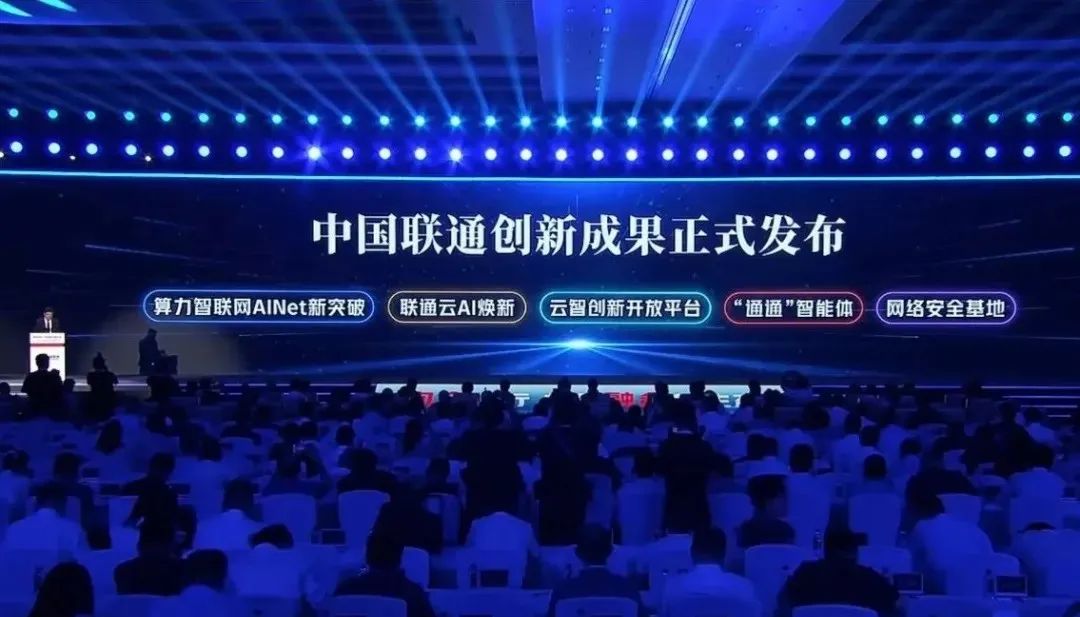
At the platform level, Unicom Cloud built an intelligent computing service system integrating computing and networking, centered around "full-trustworthiness intelligent adaptation," "wide-space-time intelligent storage," and "distributed intelligent scheduling".
The full-trustworthiness intelligent adaptation feature introduces the "domestic container engine CSK Turbo," achieving a breakthrough in self-controllable cloud-native technology. Honored as the sole operator field representative among "Beijing's First Set of Major Technological Equipment," it upgrades cloud-native capabilities, supports over 400,000 concurrent domestic containers, creating the largest intelligent cloud-native central enterprise practice and passing Cloud Native Computing Foundation (CNCF) consistency certification. With multi-core high-density features, it supports over 1000 Pods per server, reducing content occupancy by 70%. In mixed scheduling, it supports a 50% increase in online and offline resource utilization, ensuring 100% business service quality (QoS) stability.
Wide-space-time intelligent storage relies on a self-developed AI storage engine, achieving three breakthroughs: second-level loading of large models with hundreds of billions of parameters, solving data loading bottlenecks; single-volume read-write performance reaching tens of millions of IOPS, enhancing data processing efficiency through erasure coding; and intelligent hierarchical technology for cold, warm, and hot data, reducing storage costs by over 40%. Relying on capabilities like data express and 3AZ storage, Unicom Cloud enables PB-level data cross-domain circulation, supporting cross-regional collaborative computing and industry data sharing.
Distributed intelligent scheduling offers a "one-click access to computing power across the entire network" experience. Through "intelligent computing power (AI computing power) + intelligent computing facilities (AIDC) + computing power intelligent network (AINet)," Unicom Cloud achieves unified orchestration and scheduling of resources from 300 localized cloud pools. Specifically, full-specification GPU pooling doubles single-card utilization; task time-sharing scheduling increases cluster business capacity by 40%; and elastic resource scaling saves 60% on computing power costs. Like "installing a smart meter for computing power," users can access on-demand computing power, achieving "what you think is what you get".
At the application service level, Unicom Cloud integrates intelligent computing capabilities into industry scenarios, focusing on "multi-scenario industry intelligence," "inclusive digital supermarket," and "data and security experts".
Multi-scenario intelligence targets key areas like government, healthcare, manufacturing, and the Internet of Vehicles, offering full-stack intelligent solutions. The inclusive digital supermarket bridges supply and demand, gathering over a hundred selected intelligent agents covering question-answering, question-solving, and question-policymaking. It provides B-end enterprises with business data analysis and industry report generation, while opening up design tools and entertainment applications to C-end users.
Simultaneously, Unicom Cloud launched six new intelligent products: the intelligent new driver - "Unicom Dayan" DPU, the intelligent new PaaS - Unicom Cloud AI Cloud-Native Application Development Platform, the intelligent new platform - "Unicom Xingluo" Advanced Computing Power Scheduling Platform 2.0, the intelligent new application - "Unicom Zhizai" Cloud Vehicle Machine, the intelligent new terminal - Unicom Cloud Intelligent Computing All-in-One Machine, and the intelligent new ecosystem - China Unicom Digital and Intelligent Product Supermarket, constructing a new intelligent services paradigm for the future.
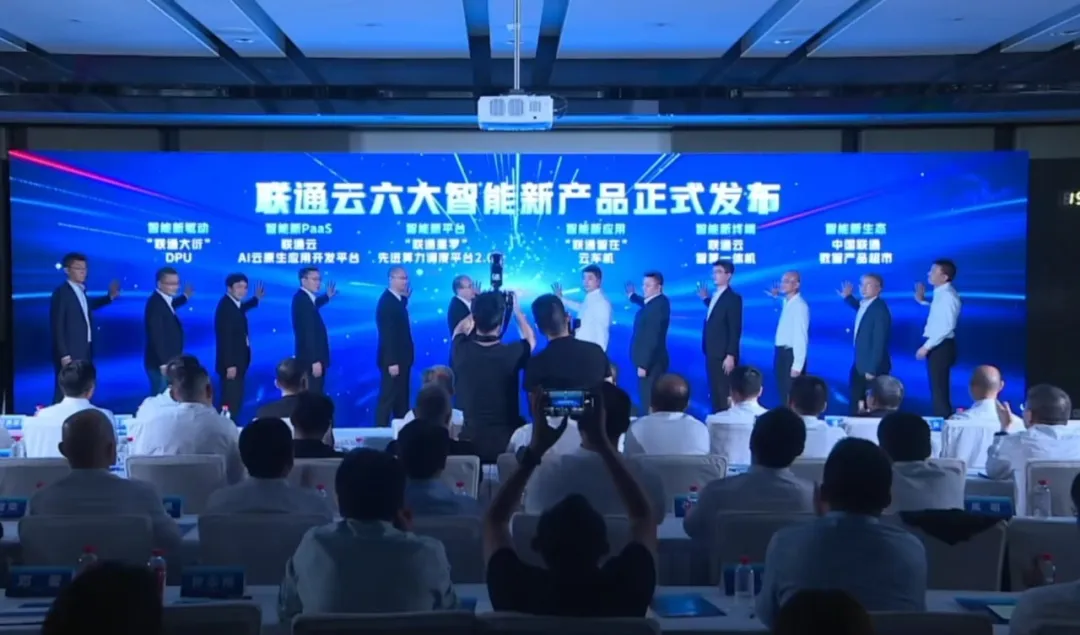
Through dual-engine intelligent upgrades, Unicom Cloud built a self-controllable technical foundation. The cloud-native dual-engine architecture enables ultra-large-scale cluster management, supports tens of thousands of card-level computing power pooling, and increases MFU utilization to 60%, providing efficient computing power for intelligent tasks. The full-trustworthiness intelligent adaptation capability achieves self-controllable core software technology, seamless trustworthiness service migration across chips, a 25% increase in cross-architecture migration efficiency, and 100% trustworthiness ecosystem compatibility and adaptation.
Unicom Cloud's AI renewal value is reflected in thousands of industry transformation practices. Through "industry-intelligent private networks + intelligent computing clouds + intelligent agent applications," it achieves "scenario AI, network integration, device lightweighting, and operation intensification," driving intelligent computing technology from "laboratory" to "production line".
AI's rapid advancement is essentially a computing power revolution. From global tech giants' multi-billion-dollar infrastructure investments to China's intelligent computing scale leapfrog growth, from exponential training and inference computing power demands to physical AI's deep real-world penetration, computing power is not only the technological iteration cornerstone but also a core national competitiveness indicator.
In the future, computing power's diversity, ubiquitous deployment, and intelligent green trends will reshape infrastructure forms. The "triple balance" challenge also necessitates more intelligent technological breakthroughs and ecological construction.
As shown by Unicom Cloud's full-stack AI renewal, when AI intelligent computing's full-chain capabilities are deeply integrated, computing power truly transforms from "centralized resources" to "ubiquitous productivity," supporting digital economy prosperity and intelligent society evolution. Under the "computing power is national strength" consensus, intelligent computing infrastructure innovations and breakthroughs will ultimately drive technological landscape reshaping.


